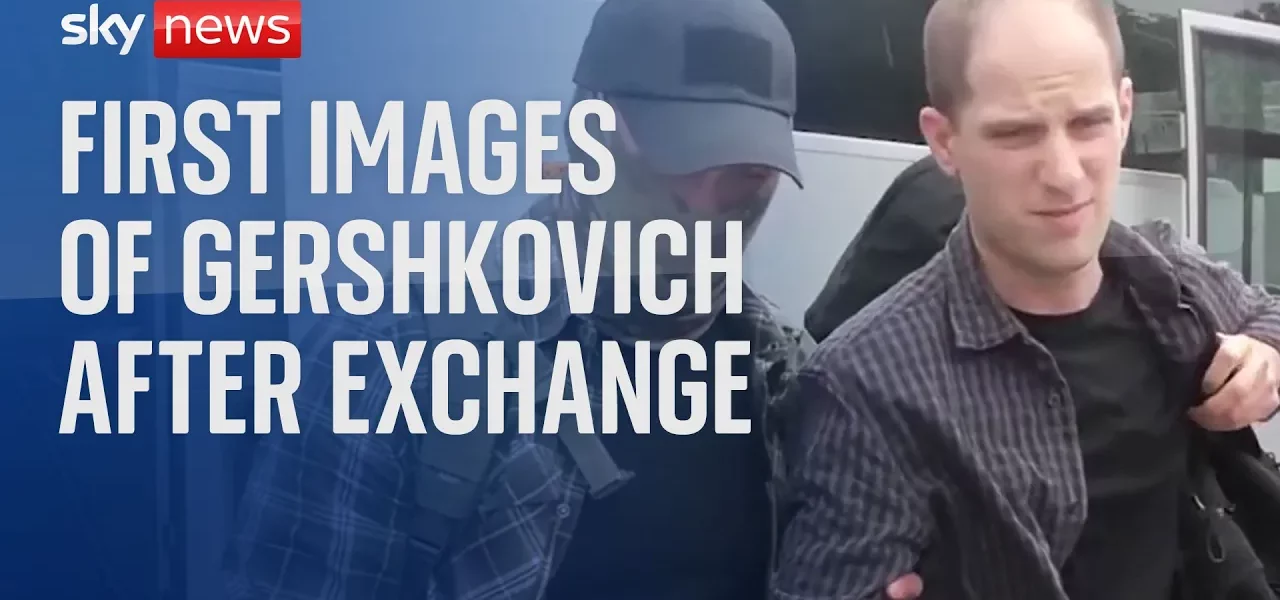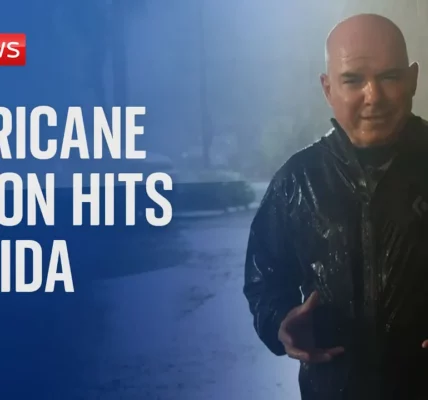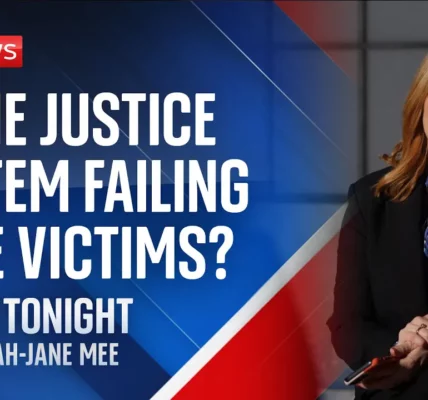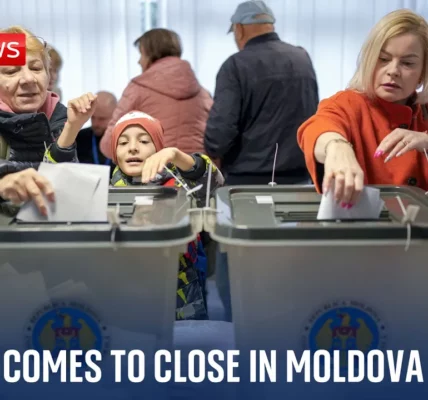Historic Prisoner Swap: Evan Gershkovich’s Release and Its Implications

This article explores the recent prisoner swap between Russia and the West, highlighting the release of journalist Evan Gershkovich. We delve into the implications of this exchange, the individuals involved, and the broader context of international relations.
Introduction
The recent prisoner exchange between Russia and the West marks a significant moment in international diplomacy. Among those involved is Evan Gershkovich, a Wall Street Journal reporter whose release has brought a wave of relief to his family and supporters. This article will provide a comprehensive overview of the events leading up to the exchange, the key players involved, and the potential ramifications for U.S.-Russia relations.
The Background of the Prisoner Swap
The backdrop of this historic exchange is rooted in the ongoing tensions between Russia and Western nations, particularly the United States. The swap involved not only the release of Gershkovich but also other American citizens held in Russia, including Paul Whelan, a former U.S. Marine. Whelan has been detained for almost six years and is known to be the longest-held prisoner linked to the U.S. in Russia.
Key Figures in the Exchange
- Evan Gershkovich: A reporter for the Wall Street Journal, he was detained in Russia and faces serious charges that many consider politically motivated.
- Paul Whelan: An American citizen with UK, Canadian, and Irish citizenship, he has been held in Russia since 2018.
- Vadim Koval: A notorious FSB hitman whose release was crucial in the negotiation process.
The Emotional Impact of the Exchange
The emotional toll on the families of those detained cannot be overstated. For the families of Evan Gershkovich and Paul Whelan, this exchange represents not just a return to freedom but also a long-awaited reunion. The images of these individuals being welcomed back by their families, particularly at the White House, sparked widespread emotional reactions.
Family Reunions
- Relief and joy as families are finally reunited.
- The emotional weight of prolonged detainment on loved ones.
- The importance of public support and advocacy in securing releases.
President Joe Biden expressed his relief over the successful negotiation, stating that they were “almost home.” This sentiment resonates deeply with the families who have endured years of uncertainty and anguish.
Political Ramifications of the Swap
The prisoner swap has significant political implications, underscoring the complex nature of U.S.-Russia relations. The exchange illustrates a delicate balance where both sides strive to achieve diplomatic victories.
Strategic Gains for Russia and the U.S.
- Russia’s release of key prisoners serves as a propaganda tool, showcasing their willingness to negotiate.
- The U.S. secures the release of American citizens, reinforcing its commitment to protect its citizens abroad.
- Both nations benefit from the perception of diplomatic engagement, despite underlying tensions.
Negotiation Challenges
Negotiating such exchanges often involves complex discussions and compromises. U.S. Secretary of State Antony Blinken’s remarks indicate that the negotiations for Gershkovich and Whelan’s release had been ongoing for years. The inclusion of figures like Alexei Navalny in the discussions showcases the multifaceted nature of these negotiations.
Conclusion
The recent prisoner swap between Russia and the West, particularly the release of Evan Gershkovich, highlights the intricate web of international diplomacy. As families celebrate reunions, the broader implications for U.S.-Russia relations remain to be seen. This exchange may pave the way for future negotiations, but it also serves as a reminder of the ongoing challenges in securing the freedom of citizens detained abroad.
For more insights into international relations and updates on similar stories, visit our articles on related topics.
“`




